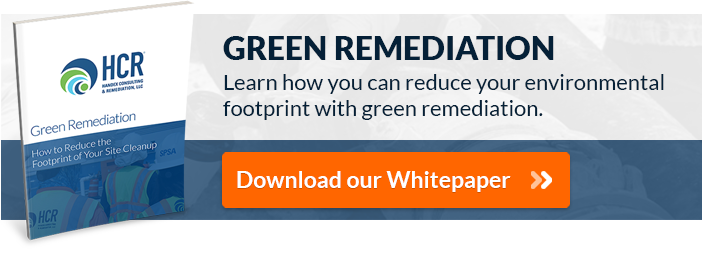
A Licensed Site Remediation Professional (LSRP) is an experienced, private-sector environmental professional that is licensed by the State of New Jersey and hired by Responsible Parties (RPs) to direct and oversee environmental investigations and remedial actions in NJ in accordance with applicable rules and regulations. The LSRP can often expedite the remediation process, which typically was not possible prior to the creation of the LSRP Program, when each round of proposed actions was subject to review and comment by the New Jersey Department of Environmental Protection (NJDEP) prior to approval.
Background of the LSRP Program
In May of 2009, the State of New Jersey signed the Site Remediation Reform Act (SRRA) into law. This was an important act that caused major changes to the New Jersey Department of Environmental Protection’s (NJDEP’s) Site Remediation Program. Perhaps the most significant change was the establishment of an LSRP Program that transferred the primary remediation oversight responsibility from the NJDEP to private sector LSRPs overseen by a 13-member Site Remediation Professional Licensing Board responsible for licensing and performance of LSRPs. SRRA includes a 26-point LSRP code of ethics that establishes the LSRPs’ overall highest priority as the protection of public health, safety, and the environment. The LSRP is required to uphold this priority at all times.
Role of the LSRP
Under SRRA, Responsible Parties (RPs) are required to hire an LSRP to oversee and direct the necessary site remediation activities including conducting the required investigation and completing appropriate remedial actions in accordance with applicable regulations. LSRPs work with RPs to achieve certain project milestones within defined Regulatory and Mandatory Timeframes, such as completing a Remedial Investigation, and implementing Remedial Action.
Upon achieving all applicable site remediation requirements, the LSRP issues a Response Action Outcome (RAO) document that effectively replaces the No Further Action (NFA) letter previously issued by the NJDEP. If the RAO includes the use of institutional or engineering controls to ensure site conditions remain protective of public health, safety, and the environment, the LSRP will remain involved in any required post-RAO monitoring. If all remediation standards have been achieved and no institutional or engineering controls are required, then an unrestricted-use RAO is issued as the final remediation document, and the LSRP’s role is complete.
More Information
For more information related to this topic, visit the NJDEP’s Site Remediation Program website: http://www.state.nj.us/dep/srp/.



